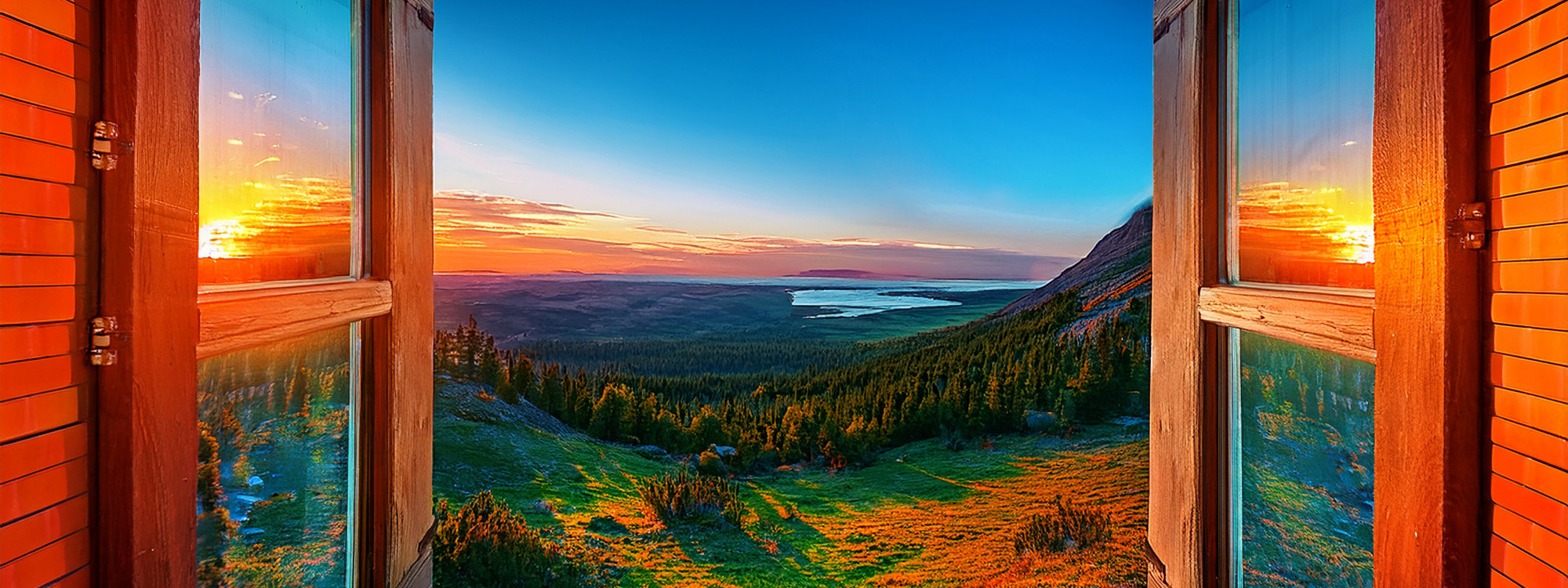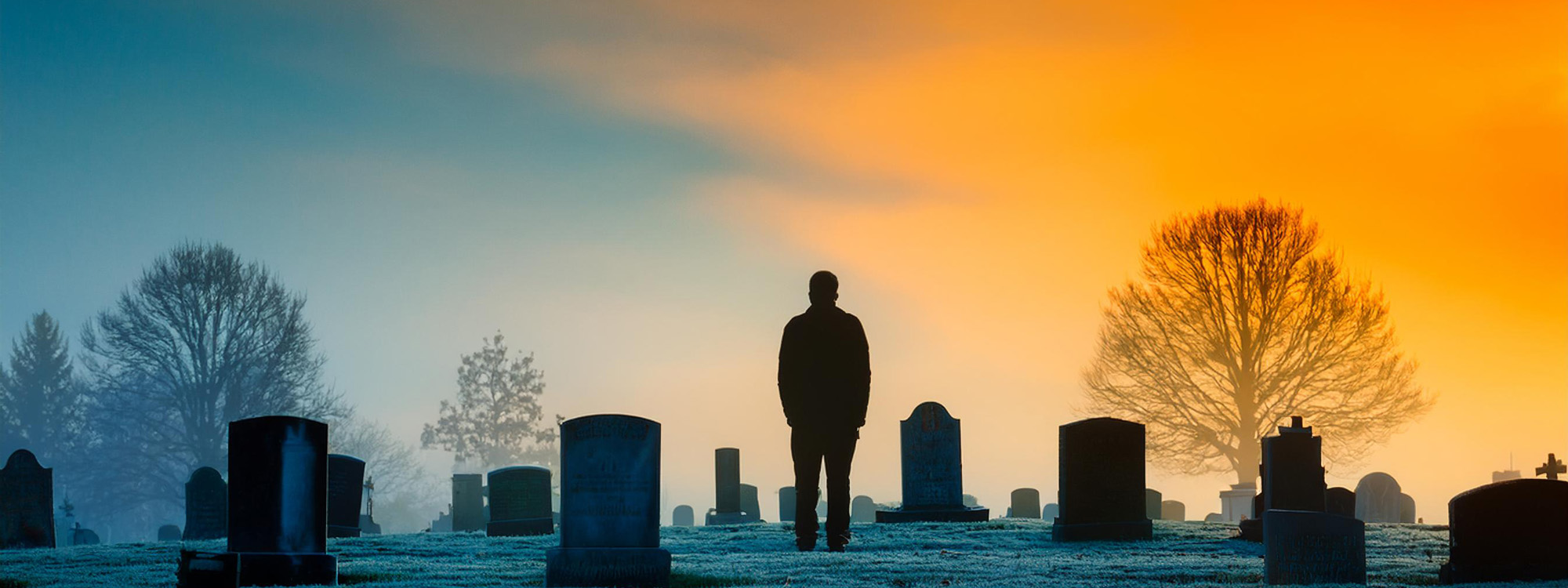| |
How could the thing I feared most end up being what liberated me? I am not a pedophile but I experienced "pedophile-themed" OCD. Meeting MAPs changed my life for the better. If you had asked me about the MAP community five years ago, I would have squirmed in the discomfort that comes from trying to hide one’s discomfort. The p word alone would have sent me into a quiet panic, followed by hours of mental rumination.
That’s because although I am not sexually or romantically attracted to children, I have a long history of pOCD, a disorder that has caused me to worry irrationally about being attracted to kids.
When you talk to most people with pOCD, they can point to a specific moment where it all started; perhaps they heard about a child predator on the news, or they had an inappropriate thought out of the blue. For me that’s not the case. I don’t remember how or when exactly it started, but my earliest pOCD memory is from about 10 years old.
Though I didn’t fully grasp it back then, the signs of my being gay were also present from about four or five years old, which added another layer of confusion. It wasn’t until junior year of high school that I finally came to terms with my sexuality, and even so, the uneasiness of being around younger boys never went away. What did it mean?
One thing I know is that it has given the ability to understand how stigmatised people who really have these attractions are.
how the window opened
In 2019, at 22 years old, my anxiety was reaching a debilitating peak. I remember on one particular night my partner put on an episode of Black Mirror—the one which featured a minor-attracted character—and I could barely speak afterwards. I can only imagine what must have been going through my partner's mind as I stammered my way through a reaction to what we’d just watched.
It wasn’t too long after that when I first discovered the term "pOCD". I remember sitting on the edge of my bed, bawling my eyes out, knowing that I finally had a way to describe what I’d been experiencing for so long. It was both a blessing and a curse.
It was a curse in the sense that my OCD actually got worse as a result. I was spending more and more time reading articles, scrolling through forums, trying desperately to get the certainty I felt like I needed. For those who don’t already know, certainty is the ever-elusive phantom that keeps sufferers trapped in the cycle of OCD.
bracketed with offenders
After some time I finally worked up the courage to tell my then-therapist about my concerns. To my surprise and disservice, she ended up referring me to a psychologist who works with sex offenders.
I can’t entirely fault her for not knowing what to do, but damn. Not the best course of action for someone in my predicament.
The psychologist told me within the first ten minutes that I was dealing with OCD, though he’d never heard the term pOCD specifically. That still wasn’t enough to quell my doubt. I remember I would argue with him at every session and insist that he must just not have enough information yet.
Over the years, I sought out specialized OCD therapy and finally got on an anti-anxiety medication. Things got better, certainly, but I wasn’t reaching the place in my recovery I wanted to be.
mot a map but supporting maps
One day I shocked even myself when, incidentally, I came across a volunteer ad looking for MAP support group facilitators and decided to reach out. I had no idea how pivotal that would end up being.
Since that time in 2022, I have been learning about MAPs, educating myself, and forming connections in online MAP spaces– something that would have been unthinkable earlier on. I’ve also confirmed what I had already suspected: not all or even most of those who are attracted to kids harm them, and not all or even most of those who harm kids are attracted to them.
The more I immersed myself in these spaces, the more healing I experienced.
a place I am acceptable
I am no longer afraid of turning out to be a pedophile because I know that if that was the case, I would be surrounded by a loving, supportive community. I wouldn’t be ashamed or view myself as a monster.
That’s not to say I don’t still have worries. Every once in a while the pOCD fears of the past will resurface, but they don’t stay long. I have learned to live with, even embrace, the ambiguity of not knowing for sure whether I’m a pedophile in denial. No matter what, I know I would be okay.
Recently I’ve had the pleasure of meeting several of my MAP friends in person. I have had ongoing conversations with people in my circle about minor attraction, societal misconceptions, stigma, and all that goes along with it. I have corrected misinformation and provided education online. Becoming an ally to the community isn’t what I had imagined for myself, but I’m so glad it happened.
online hate
And of course it’s not always easy. People have told me I deserve death for posts I’ve made about MAPs; they’ve suggested that I must not be well educated; they have scolded me for even mentioning MAPs and the LGBTQ+ community in the same sentence.
To be fair, the relationship between these communities is delicate and nuanced. Pedophilia has continued to be weaponized against the queer community, so opposition is understandable, but it’s a conversation worth having. As a queer person myself, I understand the harm that equating pedophilia with LGBTQ+ identities can cause. At the same time, it’s important to point out that drawing a parallel between two things is not the same as conflating them.
For example, there are similarities between the eugenic rhetoric used against people with disabilities and against MAPs, but that doesn’t imply that the two groups are inherently linked.
Adding another layer, some MAPs do belong to other minority communities, like MAPs who have disabilities or MAPs who are queer. Acknowledging this reality, and acknowledging that stigma can manifest similarly across groups, is not the same as perpetuating a false narrative that’s meant to demonize a specific population.
a unique window
Despite the challenges I’ve faced in advocating for the community, I know these challenges are a fraction of what MAPs themselves face. I will never understand what it’s like to live in a world that views me as the worst of the worst. Yet I feel that my experience with pOCD has given me a unique window into what it could be like, and I’m grateful for that.
I have so much respect for the anti-contact MAP community. I’ve received more than I could have asked for, and I can only hope to give back as much in return.
About the author: Some of the things I value most are integrity, empathy, and human rights. I am a teleiophile (attracted to adults and not children) in my late 20s, he/him, with an assortment of mental health diagnoses. I’m into traveling, nature, music, language learning, and a lot more. I enjoy getting to know people's authentic selves and life experiences | |






 where pedophilia and hebephilia overlap
where pedophilia and hebephilia overlap libby purves' more lives than one
libby purves' more lives than one why cp possession penalties are unjust — a summary
why cp possession penalties are unjust — a summary